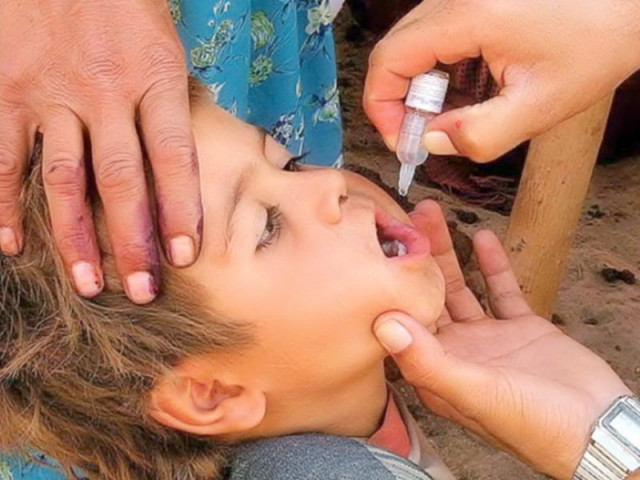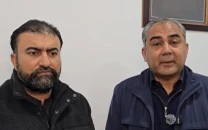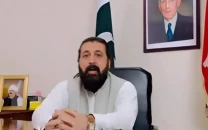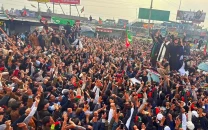Pakistan’s polio predicament
Pakistan sank when the Taliban announced that they were opposed to polio vaccine as an article of faith.

The success story is India — the country the Difa-e-Pakistan Council doesn’t want Islamabad to trade with — where (as mentioned in the GPEI report) “unswerving political commitment, outstanding public health leadership, clear lines of accountability, intolerance of weak performance and systematic enforcement of best practices” has saved a billion-strong population, most of it poor, from being kicked out of life’s good prospects. Pakistan, on the other hand, had 198 polio cases last year, followed by Afghanistan with 80, Nigeria, 60, and India, one.
Partly, Talibanisation is to blame for what is happening because of the rapidly-spreading violence in Khyber-Pakhtunkhwa, Fata and Balochistan. Nigeria has its own Talibanisation called Boko Haram, whose followers seem to burn English-language schools and anything which looks modern. The killers are from Nigeria’s northern provinces, killing non-Muslims and also people of their own creed, if found moderate in their thinking. The only difference is that Pakistan is poor in natural resources and Nigeria has an abundance of crude oil.
Pakistan sank when the Taliban announced that they were opposed to polio vaccine as an article of faith. In Afghanistan, the Karzai government, backed by armies of the world’s most advanced countries, has lagged behind even Pakistan in remedial campaigns because of the ‘Taliban by night’ phenomenon in almost all the provinces. The GPEI says that Pakistan’s polio programme progressed strongly over its first 12 years; in 2005, it reported just 28 cases against 20,000 cases per year in the early 1990s. In recent year, however, Pakistan decided to part ways with the rest of the world in its fight against polio.
The Taliban first started threatening people in the Bajaur-Malakand region if they allowed their children to drink polio drops. The news that spread after that was based on some Talibanised clerics saying that the drops robbed the children of their virility. Needless to say, the thought was based on the most primitive thinking that the Taliban have consistently given evidence of. But the people obeyed not because they were as illiterate as the Taliban but because they were scared. The dispensing staff, too, did not want to get killed. Yet, the campaign against the anti-polio campaign had its so-called scientific origin in the UK where expat Muslim doctors first announced their opposition to vaccines. A spokesman for the Islamic Medical Association (UK) said in January 2011: “We are giving our innocent children haram (forbidden) substances and harmful chemicals that destroy their natural immune systems, causing disease, suffering and death. All Muslim doctors and parents should be aware of vaccine ingredients and of the failed efficacy of vaccines. The harm is clearly greater than the benefit. Time has come to take a stand for truth.” He referred to the polio drops together with other vaccines thus: “This reflects a grave medical assault inflicted on the small, weak, defenceless bodies of our innocent children.”
Everyone knows that polio vaccines were extracted from cows to create antibodies. Talibanised scholars waking up to the fact without presenting an alternative is simply not acceptable. The evidence is clear: the vaccine has saved the children of the world. And the good news is that Pakistan is winning back the areas lost to the terrorists: the girls’ schools are being rebuilt and the polio teams are out again saving our children from being crippled for life.
Published in The Express Tribune, February 23rd, 2012.


















COMMENTS
Comments are moderated and generally will be posted if they are on-topic and not abusive.
For more information, please see our Comments FAQ